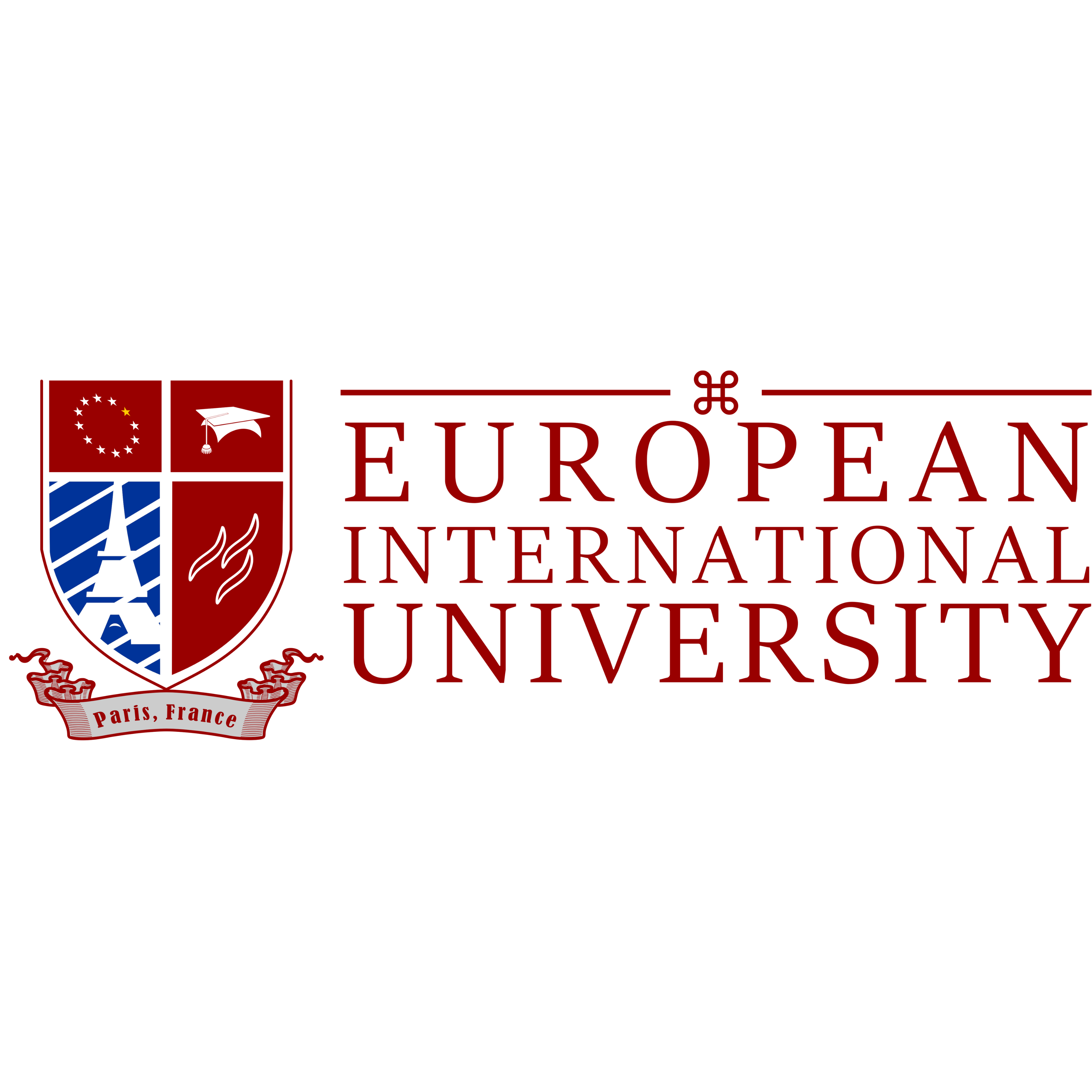
The Doctorate in Computer Science is a prestigious and rigorous academic program designed for individuals passionate about pushing the boundaries of computing and technology. This research-driven program enables candidates to explore cutting-edge areas such as artificial intelligence, machine learning, cybersecurity, cloud computing, quantum computing, computer vision, data science, and software engineering.
Students conduct original research that contributes new knowledge to the field, solving complex problems that impact industries, society, and the global digital landscape. Under the mentorship of experienced faculty, candidates develop a dissertation that reflects critical thinking, innovative approaches, and deep technical expertise. The program also encourages publication in peer-reviewed journals, participation in international conferences, and interdisciplinary collaboration.
With a focus on both theoretical foundations and practical application, the program equips graduates with advanced research skills, analytical capabilities, and a strong understanding of emerging technologies. This prepares them for high-impact careers as university professors, research scientists, R&D leaders, senior software architects, and technology consultants.
The Doctorate in Computer Science is ideal for those looking to lead innovation in academic, corporate, or government research settings. Whether designing intelligent systems, enhancing data security, or improving human-computer interaction, graduates emerge as thought leaders who shape the future of technology and computing worldwide.